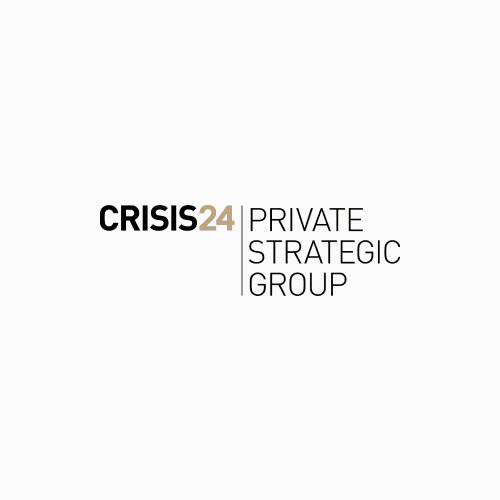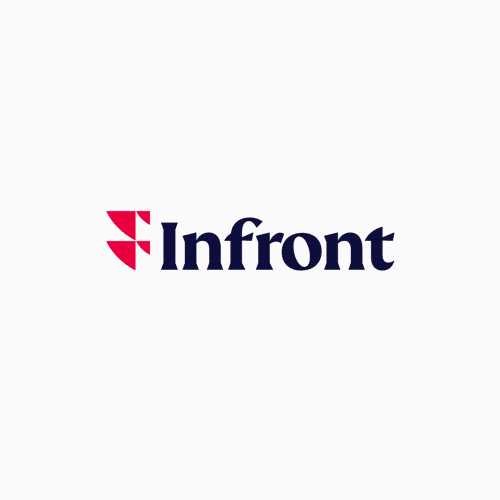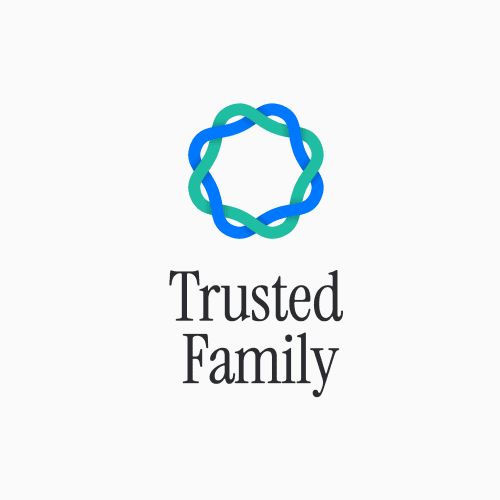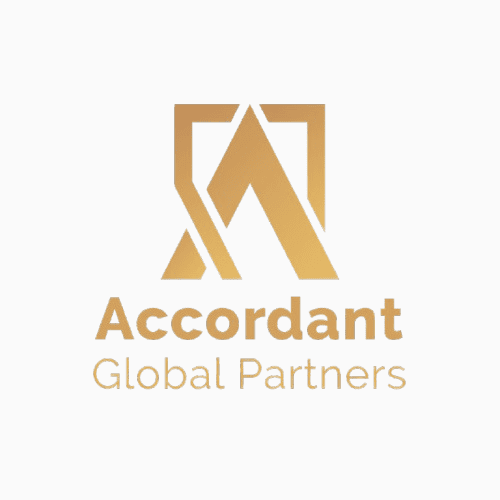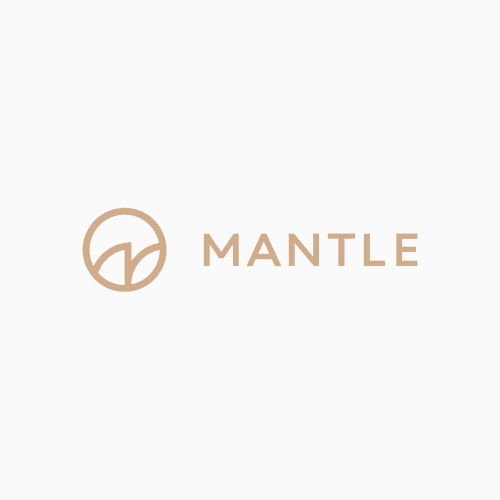Family offices are built to last. They exist to help families become what we often call “100-year families”—those that successfully preserve wealth, cohesion, and purpose across generations. For decades, the family office industry has been refining its practices in service to that goal. And for the most part, it’s done a good job.
But today, a new kind of wealth holder is emerging—one that isn’t just interested in maintaining a family legacy, but in using that legacy to actively shape the world.
These individuals are asking different questions. Not “How do I preserve this capital?” but “What is this capital for?” Not “How do I give back later?” but “How do I give now—through how I invest, how I operate my business, how I live?”
They are not just rethinking how they give. They are rethinking how they live.
I call them Integrators, and they are quietly—and sometimes not so quietly—reshaping the expectations placed on family offices, advisors, and the very purpose of wealth.
Beyond preservation: A more expansive view of stewardship
Traditional family office infrastructure is designed around a fairly narrow definition of stewardship: preserve and grow financial capital for the benefit of the family. Investments are optimised for return, giving is treated as a separate stream, and tax and governance strategies often prioritise control and protection above all else.
But Integrators see stewardship differently. They want to preserve what matters most—not just money, but also values, community, the environment, and a sense of meaning.
For this kind of wealth holder, capital is not morally neutral. It’s always doing something in the world—through its investments, its sourcing, its incentives. Integrators want that “something” to be aligned with their internal compass. They are asking:
- How do our investments reflect what we believe?
- Who is impacted by our consumption, our hiring, our real estate decisions?
- What kind of prosperity are we building—for ourselves, and for others?
They are not looking for consultants to help them “give back.” They are looking for co-creators who can help them integrate impact into every part of the enterprise.
We rounded up a few companies that you might find interesting.
From “Either/Or” to “Both/And”
Most family office decisions have historically been made through a lens of trade-offs: either what’s good for the family or what’s good for society. Either investing for profit or giving for purpose.
But Integrators operate in a different frame. They are asking, “Why not both?”
- Can we design investment strategies that serve the family and contribute to a more just economy?
- Can we run operating businesses that build family wealth and pay living wages, protect the planet, and strengthen communities?
- Can we use our capital not just to shelter wealth, but to activate it—thoughtfully, ethically, and systemically?
They’re not waiting for a philanthropic legacy in their later years. They’re living that legacy now, through their daily decisions.
Navigating inherited structures
Much of the tension for Integrators comes from feeling trapped inside structures that were built for previous generations. Many inheritors today live far from the geography or industries where wealth was originally built. They are part of increasingly diverse family branches—ideologically, ethnically, culturally—and they may feel at odds with the assumptions embedded in older trusts, governance norms, or even philanthropic priorities.
Some feel constrained by trustees or advisors who were loyal to a founder’s worldview but are less equipped to guide a values shift. Others are wary of becoming stewards of structures that feel disconnected from their lived experiences and the world they now inhabit.
And yet, few want to walk away entirely. Most Integrators are deeply committed to their families. But they’re also unwilling to compartmentalize. They want to reconcile wealth with values, legacy with purpose, structure with flexibility.
They want to bring their whole selves to the table—and they expect the family office to be a place where that is possible.
Power without status
One of the hidden challenges facing wealth inheritors, particularly younger generations, is what I call the power/status gap.
They may have access to capital and the privileges that come with it (power). But that doesn’t mean they’ve earned credibility or respect in the eyes of peers, advisors, or society at large (status). Often, they’re handed structures to manage without having had the opportunity to shape them. They’re expected to uphold a legacy, but rarely invited to define it.
And yet, Integrators want to lead with modern, holistic values that reflect our interconnected world. They’re not asking for full control, but they are asking for agency: to be part of meaningful decision-making, to explore and express their values, and to grow into leadership through experience—not inheritance alone.
If we want the next generation to become responsible stewards, we need to give them something real to steward. That includes purpose, not just portfolio performance.
A call to the industry
To serve Integrators well, the family office ecosystem must evolve.
That doesn’t mean discarding what’s worked. It means expanding our definitions of success, risk, and fiduciary duty. It means building structures that are adaptable, inclusive, and impact-aware. It means recognising that for many wealth holders today, prosperity is no longer defined solely by what we accumulate, but by what we activate.
Family offices, advisors, and service providers who can engage this mindset—not as a niche trend but as a growing client archetype—will be well-positioned in the decades ahead. Those who cannot may find themselves offering 20th-century solutions to 21st-century challenges.
What now?
If you’re an advisor, family office executive, or family member and this resonates—start by asking better questions:
- How might we align our governance, investment, and philanthropy with a clearly articulated purpose?
- What assumptions are embedded in our structures, and who gets to challenge or change them?
- What does “enough” look like—for income, liquidity, control?
- Who’s in the room when major decisions are made?
These are not questions with easy answers. But they are the questions Integrators are asking. The family office world has always been about long-term thinking. Now is the time to think long-term not just about capital—but about culture.


